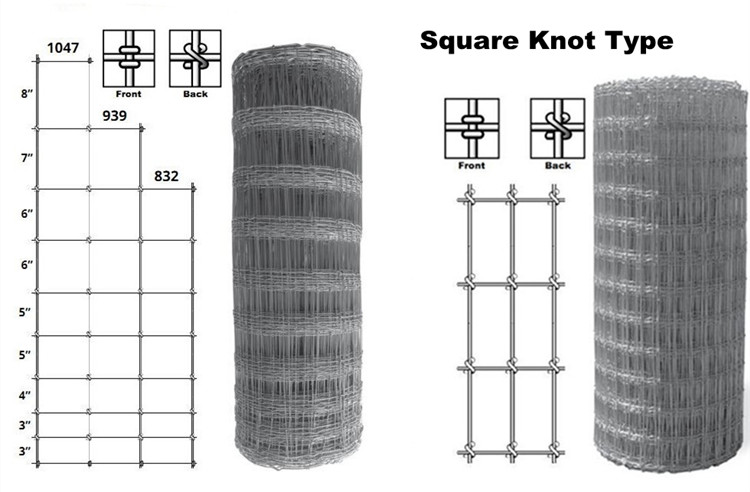Aug . 17, 2024 16:26 Back to list
Understanding CE Certification for Temporary Fencing Solutions and Compliance Standards
Understanding CE Certification for Temporary Fences
In the realm of construction and event management, temporary fencing plays a crucial role in ensuring safety and security. Whether for public events, construction sites, or crowd control, the need for robust and reliable temporary fencing is paramount. One aspect that sets apart quality fencing products is compliance with international standards, particularly the CE certification.
What is CE Certification?
CE certification indicates that a product meets the essential health, safety, and environmental requirements outlined by the European Union (EU). The CE mark is a mandatory conformity mark for certain products sold within the European Economic Area (EEA). It signifies that the manufacturer has assessed the product and ensured it meets EU safety and environmental regulations. For temporary fences, this certification assures users that the products are designed not just for functionality, but also for safety.
Importance of CE Certification in Temporary Fences
1. Safety Assurance Temporary fences are often used in high-traffic areas where safety is critical. A CE-certified temporary fence ensures it has undergone rigorous testing for materials, structure, and overall design. This certification minimizes the risk of accidents, ensuring that the fence can withstand various environmental conditions and physical stresses.
ce certification temporary fence

2. Quality Standards Temporary fences that carry the CE mark are manufactured in compliance with high-quality standards. This commitment to quality not only enhances the durability of the product but also ensures that it performs as intended. Users can expect less wear and tear, extending the life of the fencing and reducing the need for frequent replacements.
3. Legal Compliance In many jurisdictions, using non-CE certified products can lead to legal repercussions. Authorities often require compliance with specific safety standards, especially in densely populated areas or during large public gatherings. Utilizing CE-certified temporary fences helps organizations avoid legal issues and potential fines related to non-compliance.
4. Consumer Confidence For businesses that rent out or sell temporary fencing, demonstrating CE certification can significantly enhance consumer confidence. Clients are more likely to engage with suppliers who provide certified products, knowing they are investing in reliable and safe solutions. This can be a crucial differentiator in a competitive marketplace.
5. Environmentally Friendly Options CE certification also encompasses environmental criteria, ensuring that the materials used in manufacturing temporary fences are eco-friendly. This is increasingly important to businesses and consumers who prioritize sustainability in their purchasing decisions. Using CE-certified fencing can enhance an organization’s reputation for corporate responsibility.
Conclusion
In conclusion, CE certification is an essential hallmark of quality in the temporary fencing industry. It ensures that products not only meet safety and health regulations but also adhere to stringent quality and environmental standards. For users, this translates to enhanced safety, legal compliance, and peace of mind knowing they are utilizing products designed to protect both people and properties effectively. As temporary fencing continues to play a vital role in various sectors, the demand for CE-certified options will undoubtedly grow, prompting manufacturers to prioritize compliance and quality in their offerings. By choosing CE-certified temporary fences, stakeholders can contribute to safer environments while also promoting sustainable practices within the industry.
-
Durable Hot-Dip Galvanized Farm Field Wire Fence | Farm Security
NewsAug.01,2025
-
Temporary Fencing Solutions-Anping County Xingzhi Metal Wiremesh Products Co.,Ltd
NewsJul.31,2025
-
Hop Dipped Galvanized / PVC Coated Temporary Fence - Anping County Xingzhi Metal Wiremesh Products Co., Ltd.|Durable Temporary Fencing&Cost-Effective Security Solutions
NewsJul.31,2025
-
Hop Dipped Galvanized / PVC Coated Temporary Fence-Anping County Xingzhi Metal Wiremesh Products Co., Ltd|durable temporary fencing&corrosion-resistant solutions
NewsJul.31,2025
-
Temporary Fencing Solutions - Anping County Xingzhi Metal | Galvanized PVC Coated Fences
NewsJul.31,2025
-
358 Anti-Climb Welded Wire Mesh Fence - High Security, Durable
NewsJul.31,2025



